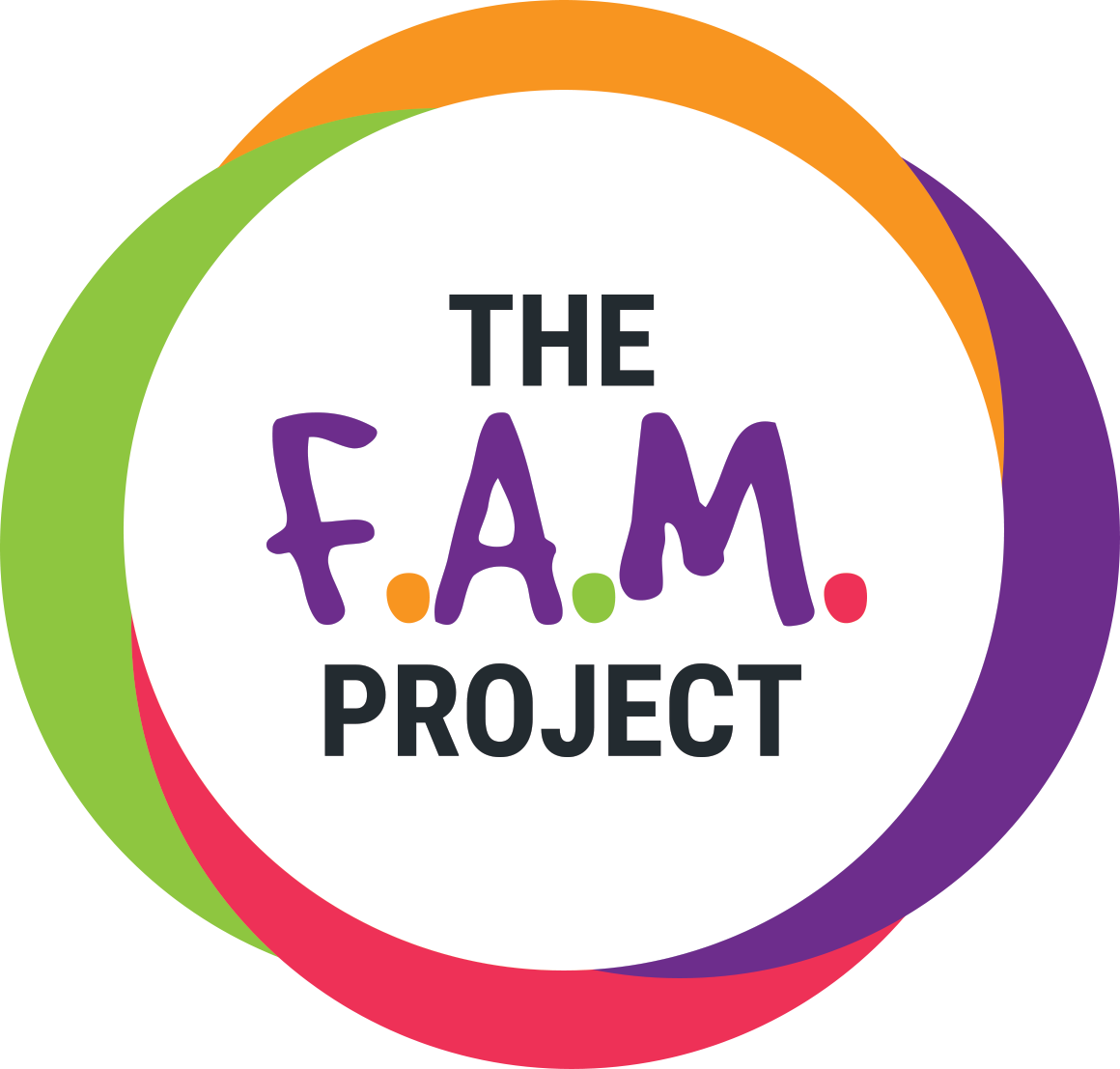Most parents like to talk about how they desire to raise their children to be; self starters, troubleshooters, and even independent thinkers. This noble task is often met with smiles, some pats on the back, and maybe even a story or two of how things used to be in the “good old days.” Even as you read this you now, you probably understand that this type of self reliance and empowerment is crucial to your survival in this world today!
And then it happens… that little “strong willed thinker” actually DOES what you’ve taught them and challenges YOUR thoughts and parental authority in a responsible and respectful way! Now you are faced with the decision about how you are going to handle this. OH!.. and before we even address the “how to handle this” portion, we must also point out that your 12 year old is making such a thoughtful rebuttal that your entire thought process is being shaken, and maybe even your perspective on several other “life” subjects are simultaneously being rattled.
Dang… and you thought you were preparing your kids for the “world out there.” How cute. Well, now you are neck deep in a conversation that you find yourself at odds over, and you are not quite sure how to navigate your next steps.
You can jump for joy, because we’re about to throw you a life ring! This is, of course, just in case you are ever met with this moment, and IF you are already experiencing this, you will now have a few ways to handle the next conversation if you have already flubbed up once or twice (or maybe even the fifteen times…. You get the drift).
4 Ways to Handle an Opposing View
Take Time to LISTEN to Their Point. This may be the biggest problem, especially since you will most likely want to assert your parental wisdom and authority. Granted you are YEARS ahead of your child, with boat loads of experience and wisdom, but not every moment is a teaching one. This is an opportune time to showcase and be the example on how to LISTEN to someone else that has an opposing point of view.
Try to Recognize Their Point of View. This is also challenging, because we can often mix the recognition of someone else’s point of view as a sort of “agreement” with them. No, this is not so. Recognizing is understanding the point your child is trying to make, and even repeating what they are saying back to them, so that you can make certain that you are clearly understanding their perspective on the situation at hand
Build TRUST with Them. The fact that they are coming to you to communicate their differences and opinions is HUGE! Building a bridge in communication with your child is more important than proving your “right” or they’re “wrong”. Validating their thoughts and feelings simply means you are letting them share without judging, criticizing, or abandoning them. By doing this, you are showing them that you do not have to agree with someone in order to provide a healthy environment to discuss differing opinions.
Find the Common Ground. This is where the magic happens. And truthfully, this is something that the whole world could use a lot more of. This does not mean that you are “losing” your parental authority, but what you are doing is teaching your child how to negotiate by showing them how it is done. Not only that, but you are also giving them the chance to see that neither opinion is superior to the other, and that there will be countless opportunities for the rest of their lives to practice the chance to “find the common ground” and YOU are given the most fertile ground to teach them to be well-rounded, gentle in their approach, and able to listen to the thoughts and opinions of others.
Be encouraged that you got this, and you can also survive a challenging conversation with your child and know that you can walk away finding common ground and peace – not division and bitterness. Go TEAM FAMILY!!




